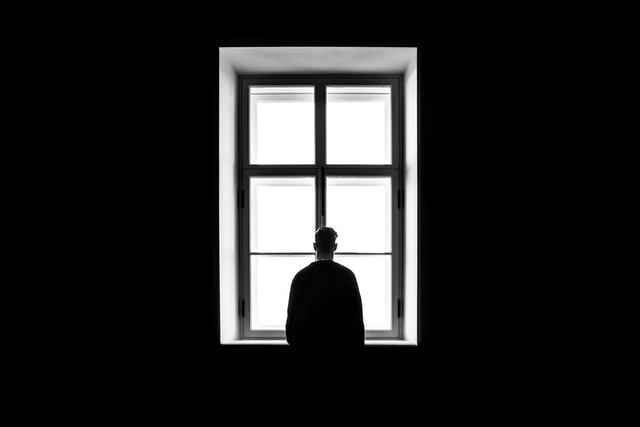Depression can happen to anyone – and it happens to every fourth person in a lifetime. Various factors make us more susceptible, e.g. genetic equipment, upbringing, our reactions to events. However, it is sustained by how we handle these events. How we think and what we do affects how we feel. Depression is often accompanied by other emotions: guilt, shame, anger and fear. How to deal with depression?
Depressive thoughts
People in depression think negatively about themselves, their future and the world that surrounds them. A bit like they are looking through “gloomy glasses”.
“Everything is hopeless – nothing can change”
“I am useless, worthless”
“Its all my fault”
“The world is a terrible place – everything goes wrong”
We can endlessly discuss these thoughts, meditate on events, ask ourselves why, consider unpleasant events from the past, what we should / should not have done.
Depression and everyday life
When dealing with depression, it is important to avoid stressful situations and not over-loading too many responsibilities. Time management is useful in everyday activities. Good organization helps you to control not only the schedule of the day, but also well-being and emotions. Active spending time, meeting friends and family environment are important factors when recovering from depression. The motivation coming from our loved ones is also of great importance, the amount of support needed depends on the severity of the disease. Sue Atkinson notes that an interesting alternative to dealing with depression may be playing a musical instrument. Finding the right form of relaxation allows some people to regain their internal balance faster.

When to go to a psychotherapist?
Treatment of depression can take a long time, so you need to be persistent, this applies to both sick people and carers of the suffering. Making small pleasures always has a positive effect on mood and mental health. However, it should be remembered that one of the causes of depression is a chemical imbalance in the body, which is why specialist help and pharmacological treatment are often necessary in treatment. Depression is a condition that affects more and more people. It should never be underestimated, and in case of any symptoms you need to start treatment as soon as possible – independently with the support of your loved ones or immediately go to a specialist.
Increasing activity – behavioral strategy
One of the main symptoms of depression is reduced activity. A depressed person spends a lot of time at home in bed, having no strength to take any action.
Unfortunately, this leads to the formation of a vicious circle – depression limits activity, and inactivity aggravates depression. Often, inactivity is also accompanied by additional symptoms: stress caused by backlog, guilt and a feeling of inadequacy.
Behavior strategies for depression are designed to identify and change aspects of behavior that can worsen depression.
Patients are encouraged to cope with depression by gradually increasing activity, moving away with the help of mini, and sometimes micro steps.
One of the undeniable advantages of this form of dealing with depression is that these new styles of behavior can be used throughout life, minimizing the recurrence or recurrence of depression and improving the overall quality of life.













